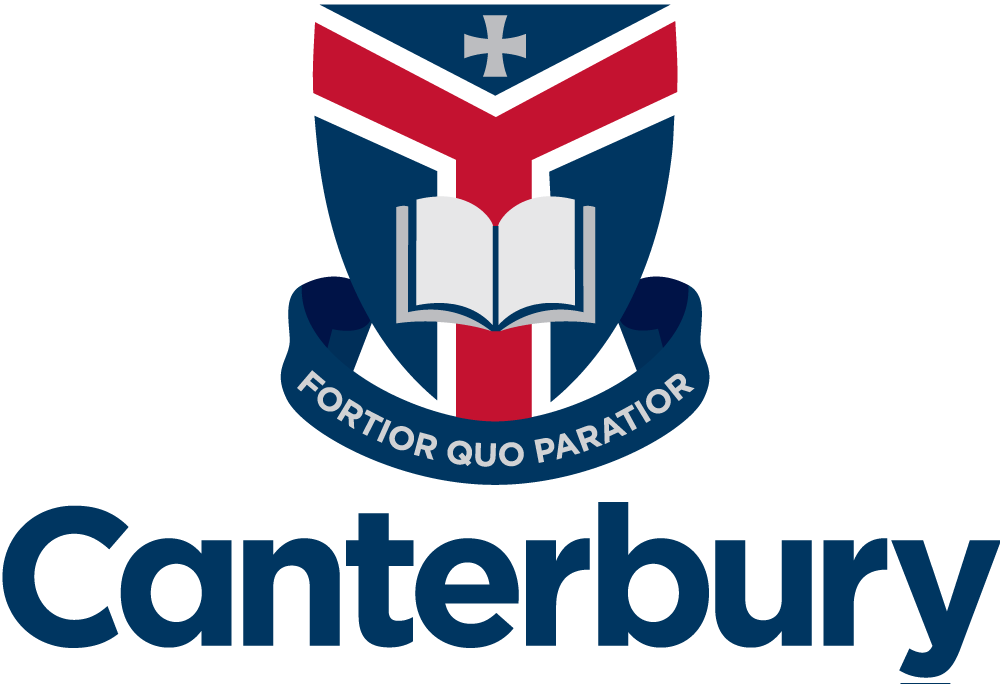Community Service
“One of the great ironies of life is this: He or she who serves almost always benefits more than he or she who is served.”
– Gordon B. Hinckley (American religious leader)
In the Anglican tradition, we believe that service to others is vitally important for the development of strong Christian men and women. Just as Jesus came to serve others, so too community service at Canterbury encourages students to become empathetic, honourable, and beneficial members of their local community. Through the development of local partnerships, students at Canterbury are given the opportunity to volunteer their skills, time, and attention to causes in which they can make a difference. Why? Because the benefits of community service are a two-way street, influencing the lives of both the volunteer and those that they serve.
Community service:
- Develops an increased sense of social responsibility, allowing students to discover that they can influence the lives of others, for the better, regardless of their age.
- Helps students develop empathy, and in doing so normalises the differences students often perceive in those they work with, helping to break down stereotypes and social stigmas.
- Through shared experience, increases social connectedness between both peers and staff, exposing them to the diversity of the world in which they live.
In the Senior School, Houses work together on Service and Advocacy partnerships in the following areas:
- Multicultural awareness and understanding
- Disability support and social development
- Aged Care support
- Local environmental restoration
At Canterbury we believe that service is important for all students, not just for the strength it brings our local community, but also for the change it begins in them.
Future Directions
- Establishment of regular on-going relationships with the local indigenous community in Logan and surrounding areas.
- Regular NAIDOC and Reconciliation Week events
- Multicultural Week activities
Social Justice advocacy is also a significant part of our framework. Students engage in meaningful dialogue about big issues such as racism, poverty, diversity and freedom of expression, association and religion.

